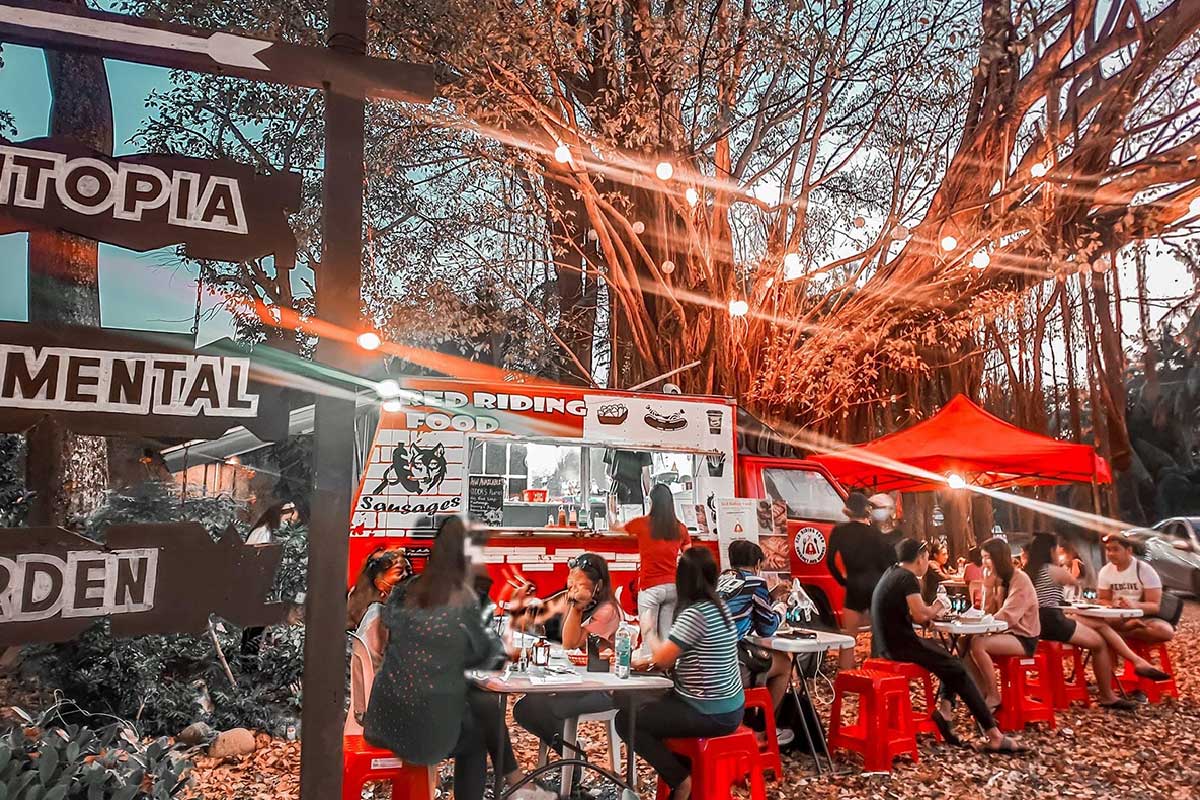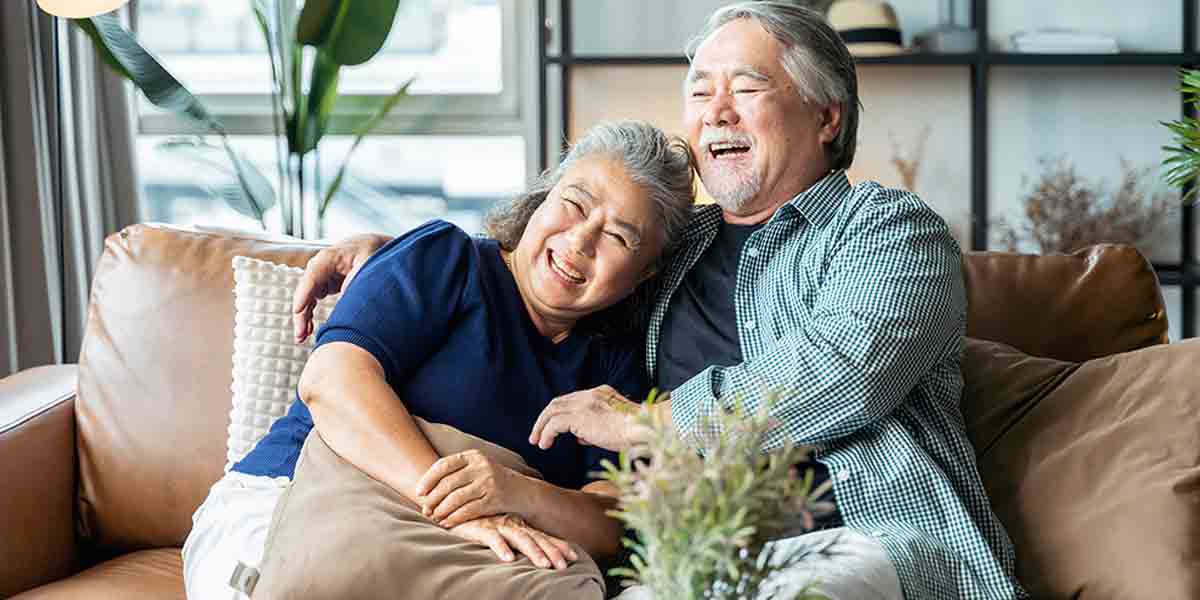
By Joseph B.A. Marzan
With the Enhanced Community Quarantine (ECQ) in effect over the city and province of Iloilo until July 31, 2021, Ilonggo small business owners are worried once again of more losses.
The ECQ status was abruptly announced afternoon of July 16 by Presidential Spokesperson Harry Roque.
ECQ is the most restrictive of the community quarantine classifications in the country amid the coronavirus disease 2019 (COVID-19) pandemic.
Iloilo City and Iloilo province were previously placed under ECQ from mid-March to mid-May 2020 at the onset of the pandemic.
An ECQ was already expected earlier last week as Iloilo City Mayor Jerry Treñas and Iloilo Governor Arthur Defensor Jr. both confirmed that the national Inter-Agency Task Force for the Management of Emerging Infectious Diseases (IATF-MEID) recommended the status.
Both Treñas and Defensor appealed against imposing ECQ in Iloilo, citing possible economic woes.
Friday’s sudden pronouncement came less than 24 hours after Roque himself announced that the city and province would be retained under the less restrictive Modified ECQ until July 22.
The local chief executives called the ECQ statuses as “unjustified”, “unfair”, and “unsustainable”, reiterating economic and pandemic-related concerns.
But they proceeded to issue their respective executive orders (EO) last Saturday to implement the return to ECQ.
Both EO No. 61 issued by Treñas and EO No. 258 issued by Defensor rely on the national IATF-MEID’s latest Omnibus Guidelines as of May 20, as well as Memorandum Circular No. 21-19 issued by Department of Trade and Industry (DTI) Secretary Ramon Lopez on May 14, 2021.
In both EOs, in-place dining (both indoor and al fresco) are prohibited, and food establishments are only allowed to operate on either take-out or delivery service bases.
The following establishments are also prohibited in both the city and province until July 31 as a result:
-Entertainment venues with live performers such as karaoke bars, bars, clubs, concert halls, theaters, and cinemas;
-Recreational venues such as internet cafes (except for catering to online classes and student requirements), billiard halls, amusement arcades, bowling alleys, and similar venues;
-Amusement parks or theme parks, fairs/peryas, kid amusement industries such as playgrounds, playroom, and kiddie rides;
-Outdoor sports courts or venues for contact sports, scrimmages, games, or activities;
-Indoor sports courts or venues, fitness studios, gyms, spas or other indoor leisure centers or facilities, and swimming pools;
-Casinos, horse racing, cockfighting and operation of cockpits, lottery and betting shops, and other gaming establishments except for the draws conducted by the Philippine Charity Sweepstakes Office;
-Indoor visitor or tourist attractions, libraries, archives, museums, galleries, and cultural shows and exhibits;
-Outdoor tourist attractions;
-Venues for meetings, incentives, conferences, and exhibitions;
-Personal care services which include beauty salons, beauty parlors, medical aesthetic clinics, cosmetic or derma clinics, make-up salons, nail spas, reflexology, aesthetics, wellness, and holistic centers, and other similar establishments; acupuncture and electrocautery establishments, and massage therapy including sports therapy tanning services, body piercings, tattooing, and similar services, as well as home services of these establishments.
Daily Guardian talked to owners of three small businesses in the city – one started during the pandemic, another just before the pandemic, while the third rebranded itself because of the pandemic.
BUSINESS AMID THE PANDEMIC
Anthony Kent Borja and a partner started their food truck business, Red Riding Food, in March 2021, around a year after the pandemic broke out.
Originally conceptualized as a roving business, they found it unfeasible due to the possibility of travel restrictions amid the pandemic, so he opted to stay first at the Pavia Plaza, and has since operated at the Molo Mansion in April 2021.
Borja described opening a business during the pandemic as “challenging”, citing regulations on basic standards, health protocols, and employee arrangements.
“Operating amid the pandemic entails a lot of challenges, first of all we have to adhere to certain sets of rules and regulations set by the government, operating amidst the pandemic requires us to adhere to health protocols and ensure safe and efficient food service. Another concern is the limited number of customers that we can cater for dine-in setting; we have to follow strict social distancing protocols so limiting the number of dine-in guests is a must. The hardest part in order to operate amidst the pandemic is to ensure continued manpower despite the skeletal schedule of staff. We really have to resort to shortened shift working hours for our staff,” said Borja.
Given the limited capacity allowed for in-person dining, Red Riding Food heavily relied on social media and referrals from friends to survive.
Borja said that their main goal within the pandemic was to stay afloat, adding that their profitability was “second nature”.
“Surviving means relying on technology and the internet to spread and market the business. We tried our best to harness social media and other online platforms for delivery and door to door services to ensure continued services,” he said.
He expressed his personal disagreement with the city placed under ECQ due to the direct negative impact on businesses like his, which depend on in-place dining customers.
But he conceded to the fact that the ECQ was necessary to curb the spread of COVID-19.
They already incurred losses for a period during the MECQ between May and June 2021 as in-place dining services were also prohibited.
His strategy going forward during the ECQ is to maximize their social media presence as well as partnering with online delivery platforms.
“On the business side, I am not in favor with the city going into ECQ since it means certain dwindling of sales but incurring losses due to fixed overhead expenses that are recurring with or without sales. However, on the other side of things, we need to adhere and support the mandate in order to curb the spread of the virus ASAP. Sacrifice now and hopefully reap the rewards later,” Borja said.
BACK AND FORTH
Gemma runs a spa and a gym both located in Mandurriao district and they are reeling due to mandated closures.
She opened her businesses in late February 2020 and started strong due to high demand and fresh concepts. They also relied heavily on social media and word-of-mouth through friends.
But the pandemic’s abrupt effects changed how Gemma ran her businesses.
Within 22 days of operating before the pandemic, her businesses earned a total of P187,000, but has since dwindled to between P30,000 to P50,000 per month. They were forced to survive mostly on back-up money.
She scaled back her employees at her spa from 13 to 6, and had to implement skeletal work arrangements in both businesses due to revenue losses and marketing difficulties.
“A lot has changed during the pandemic. We had to lay off employees and strictly provide protocols for the safety of our remaining employees. Our expenses went higher because we had to buy alcohol, disinfectants, ultraviolet machines and other sanitation necessities. Most of our refillables have shelf life like our nail polishes which should not be exposed over the heat, organic oils that liquify when expired, and others. The refillables if left unused means loss of profit,” Gemma said.
With her spa not operating since the MECQ started in May, she shared her worries that the ECQ would further hurt her finances and ultimately how the businesses would be maintained.
Like other businesses that closed during ECQ, she would also wait for them to be allowed to reopen.
“As a business owner it has highly affected our finances, because having no clients means no income. We have to pay for our monthly rent, and this kind of business is a luxury for those who lost their jobs and those who have lessened working hours. They don’t find it necessary to visit the spa and gym for leisure,” she said.
REINVENTING, BUT STILL SUFFERING
Archie rebuilt their bar and restaurant of five years into a cafe because of the curfew restrictions and prohibition against public drinking.
The bar and restaurant were a popular late-night destination in Jaro for those who wanted to chill, as well as for the public and private offices which operated nearby.
At the beginning of the pandemic, he had to endure 5 months of closure. By the time they reopened, they experienced lesser customers who only ate lunch and dinner. They ultimately had to rebrand their businesses.
From a staff of 10 people, his workforce also scaled down to only two people at their counter and a handful of kitchen staff.
As to their profits, they only earn between 30 and 40 percent of what they made before the pandemic.
“Well, with the imposition of the national community quarantine we were forced really to stop our operations. We simply could not run a bar and restaurant with a curfew and liquor ban in place as well as restrictions on movement and travel. We initially tried to adapt our operations to serve lunch and early dinner but really because our market was already used to our usual services and products, we could not get the same patronage that we used to,” Archie shared.
The rebrand to a coffee shop was due to the patronage of coffee lovers as well as to remote workers and students who opted to work somewhere safe.
They revamped their facilities and opened to online delivery services. They also intensified their social media marketing, something they did not usually do before the pandemic.
Since their location is al fresco or open air, they did not see the need to place transparent barriers in the middle of their tables.
“A few months ago, at the urging of our staff members and seeing that some business were starting to reemerge, we reconceptualized the shop and we reopened as a coffee and breakfast place, seeing that coffee shops seemed to be some of the more resilient business to the effects of the pandemic because people still needed coffee even when they were working or studying at home,” Archie said.
Like Borja and Gemma, he also disagreed with placing the city under ECQ.
“We join the good mayor in expressing our confusion and disappointment in this surprising turn of events. Nevertheless, as the Mayor said, we will just do our best and pray that we all survive this pandemic. As a small business, we have always complied with the quarantine restrictions that are put into place by our government. Personally I can see that our city LGU really has been sincere in trying to balance out the interests of the private sector as against what needs to be done to stop this pandemic. And when things really have gotten bad, we have not hesitated to toe the line,” he said.
Like the MECQ in May 2021, their cafe will revert to take-out and delivery services, and would have to escalate their promotions to match their previous pandemic-era earnings.
“We foresee this to take out a big chunk of our revenue so our goal is to compensate that on delivery sales. We are reaching out to our delivery partners to possibly roll out promos and discounts. We are also going to further boost our social media presence. We are also planning on marketing towards large and bulk orders to compensate for the delivery charges. We will play things out by ear as we have for the past lockdowns and be creative with our plans and offerings,” he said.






















